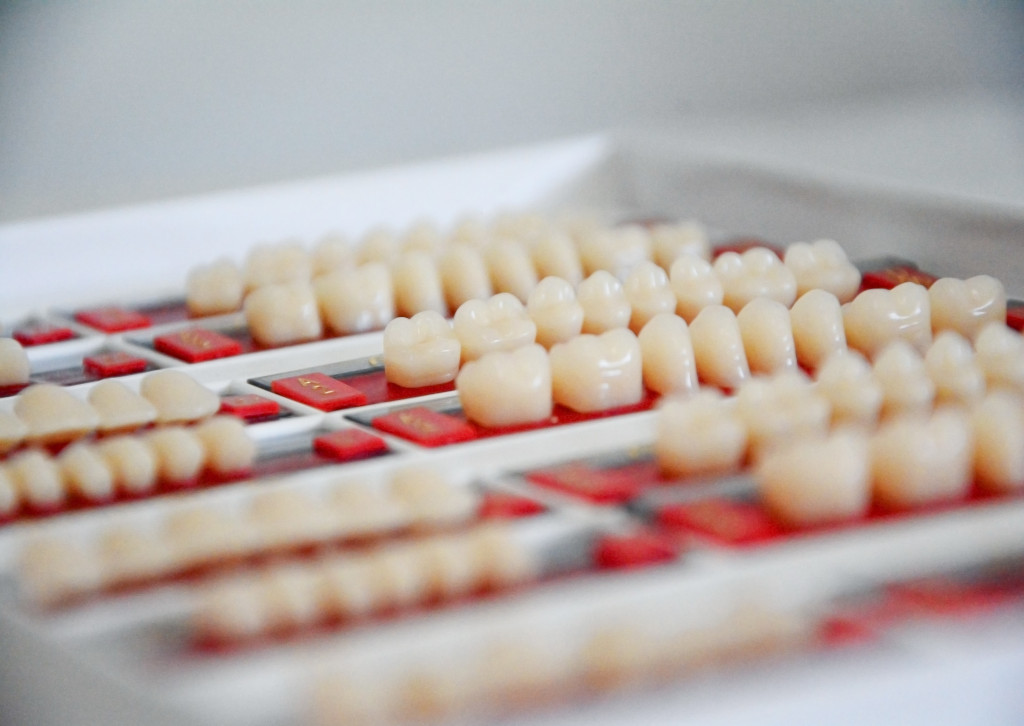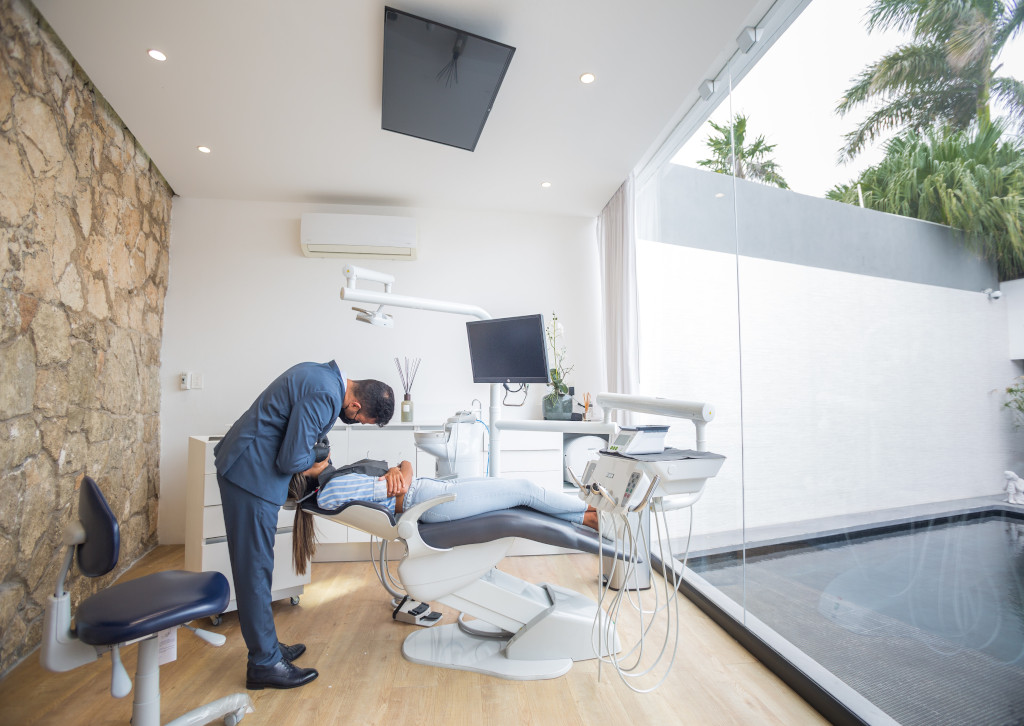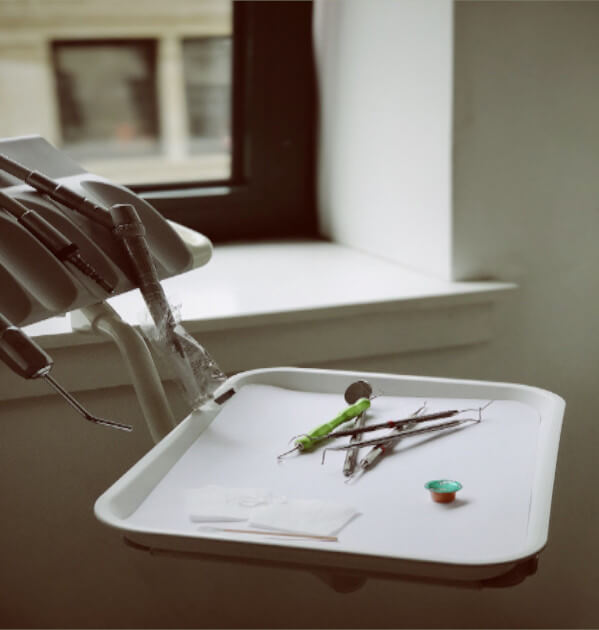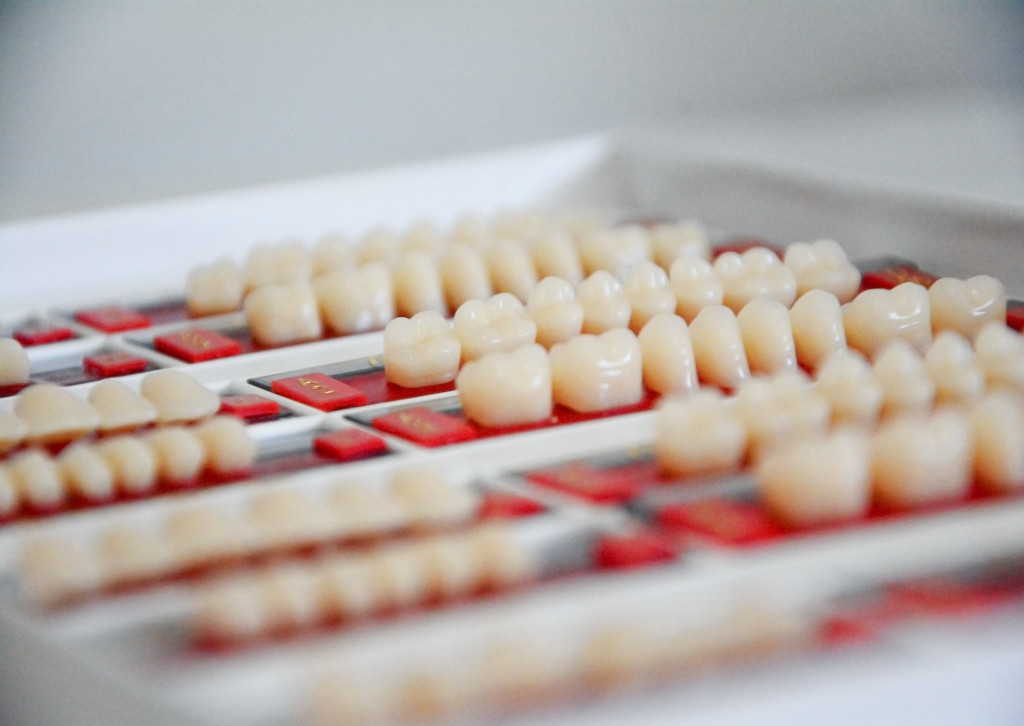
>
An issue that causes a great deal of confusion is whether or not patients need to premedicate before a dental procedure. While your physician may recommend one thing, your dentist might say another, and as a patient, this can be stressful and anxiety-inducing. In today’s episode, Dr. B sheds light on this topic and talks about why you don’t need to premedicate if you have a prosthetic joint. He also gets into why this is such a complex issue and offers advice on what you can do if you are taking antibiotics frequently. As research continues to show, long-term antibiotic use causes more harm than good, so it is vital to be careful when taking them. Be sure to tune in today!
Key Points From This Episode:
There is a problem with the over-prescription of antibioticsWhy you don’t need to premedicate before a dental procedure if you have a prosthetic jointThe complications that arise around premedication protocolsIf you can, bring in the necessary documentation before you visit your dentistWhere the need for premedication comes fromAdvice for what to do if you are frequently taking antibioticsYou can take the pre-medication within two hours of the procedure you are having done
How to Submit Your Question:
Record your question for Dr. B at speakpipe.com/askthedentist
Links Mentioned in Today’s Episode:
Ask the Dentist
About Dr. Mark Burhenne
Follow Dr. B on Instagram @askthedentist
Follow Dr. B on Twitter @askthedentist
Ask Dr. B a Question
Functional Dentist Directory
The post Do You Need to Premedicate? appeared first on Ask the Dentist.
Did you miss our previous article…
https://dentistintulum.com/?p=257









